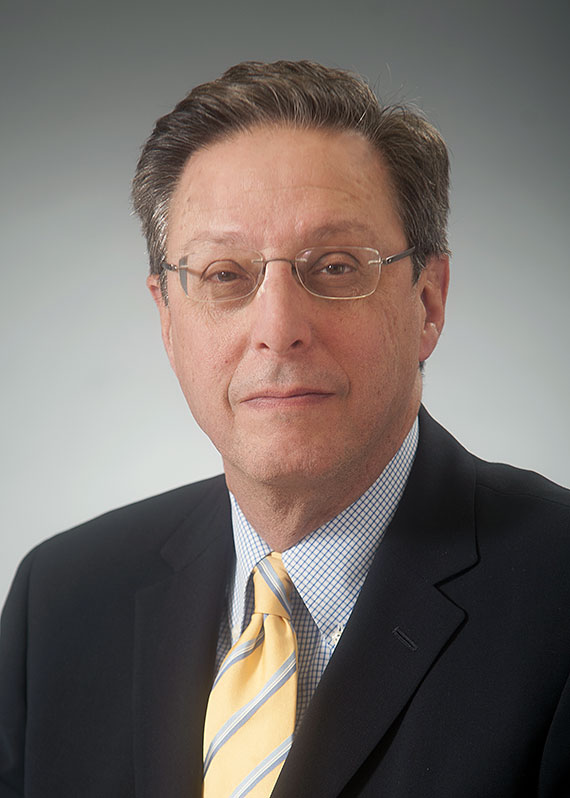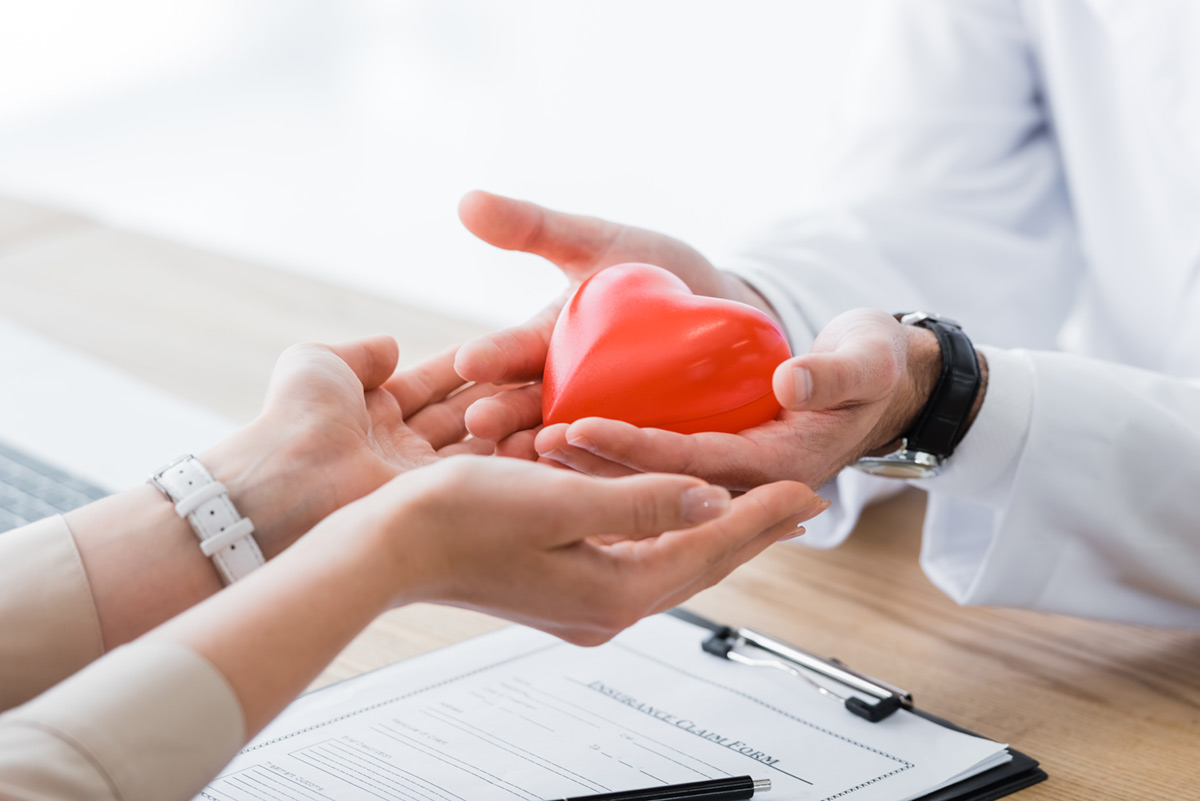Intimate Conversation with the Director of Cardio-Oncology

WHY YOUR CANCER NEEDS A HEART DOCTOR
Dr. L. Steven Zukerman is the Cardio-Oncology Program Director at Monmouth Cardiology Associates, LLC. The Cardio-Oncology Program consists of:
1. An evaluation of your cardiac risk due to your cancer treatment
2. An ongoing collaboration with your oncology team during treatment
3. Diagnostic testing and cardiac medication monitoring
4. An individualized survivorship program for long term heart health
5. Cardiac Evaluations for Surgical Clearance
The following is an excerpt from an intimate conversation with Dr. Zukerman on the importance of cardiac care for patients with a cancer diagnosis.
__________________________________________________________________________________
Q: Why does cancer need a heart doctor?
A: The field of oncology has made great strides in increasing the survival rate of cancer patients. However, to achieve this result, a considerable price has been paid in terms of the side effects. Certain cancer chemotherapy drugs and radiation therapy are cardiotoxic and can result in long term cardiac health issues. The Cardio-Oncologist assesses these patients for the potential risk of developing heart conditions. Greater than 50% of all patients exposed to chemotherapy will show some degree of cardiac dysfunction 10-20 years post chemotherapy; 5% may develop heart failure, 40 % may experience cardiac arrhythmias, and cancer patients may have eight times higher cardiovascular mortality when compared to the general population.
Q: What exactly is Cardiotoxicity?
A: Cardiotoxicity is the occurrence of heart dysfunction or muscle damage. The heart becomes weaker and is not as efficient in pumping and, therefore, circulating blood.
Q: What is a Cardio-Oncologist and how did you train for this field?
A: Cardio-Oncology is a relatively new specialized and evolving field. Recently, a select few medical schools have started fellowship programs specific to this field.
As a Board Certified Cardiologist with over 30 years of experience, I have seen patients who have developed heart disease related to chemotherapy and radiation. I trained at one of the top Cardio-Oncology programs in the country and have taken numerous courses, attended lectures and conferences over the past three years to study the effects of cancer treatments on the heart.
Q: Are you the only Cardio-Oncologist at Monmouth Cardiology Associates?
A: No, there are number of skilled Cardio-Oncologists, Nurses and Technicians who together create an integrated Cardio-Oncology Team.
Q: Do you work with a specific oncology group?
A: No. We collaborate with many of the area’s top oncology groups, including Memorial Sloan Kettering.
Q: Is this program designed only for patients receiving chemotherapy?
A: Not at all. Patients receiving radiation to the chest, head or neck are also at risk for long term cardiac complications.
Q: Does a patient need to see a Cardio-Oncologist instead of my Oncologist?
A: No, the Oncologist is the key to the patient's cancer treatment. We, as the Cardio-Oncologist, work hand in hand with patient's Oncologist to monitor the cardiovascular effects of the patient's cancer treatment. We work closely with the Oncologist to provide comprehensive cardiac care for patients before, during and after their cancer treatment.
Q: What are you looking for in regards to cardiac health issues?
A: We monitor patients for signs of chemotherapy induced heart related complications , which includes but is not limited to, high blood pressure, heart rhythm abnormalities , heart valve complications, heart failure or cardiomyopathy, coronary artery disease (ischemia) and carotid artery disease. The type of complication varies depending upon the type of chemotherapy or radiation therapy that the patient receives.
Q: Are all cancer related treatments the same?
A: No. Each patient is unique and, therefore, is affected differently based on many risk factors. We determine their level of risk through innovative imaging techniques such as strain echocardiography, angiography and Cardiac MRI. These tests allow us to identify those patients who are at a higher risk for potential cardiotoxicty and the ability to modify their risk factors to minimize long term heart complications.
Q: How long does a patient need to see a Cardio-Oncologist?
A: That depends on the cancer treatment. The cardiac effects of certain cancer treatments may or may not be known initially, but can appear 10-15 years post treatment. Therefore, close monitoring to identify any cardiac warning signs is critical to the patient's long term heart health.
Q: Is a Cardio-Oncology Program expensive?
A: Cancer care in general is expensive. However, being that we are an independently owned physician practice, we can provide diagnostic testing in our offices at some of the lowest prices in the area. Our goal is to offer patients high quality cardiac care at significantly lower costs.
Q: Why choose Monmouth Cardiology for Cardio-Oncology?
A: Because I think we have a more experienced Cardio-Oncology team than any group in the area. We started our Cardio-Oncology program in 2016 and our team consists of numerous Board Certified Cardiologists, Nurses, Medical Assistants, Registered Echo Sonographers and an Administrative team. Our fully accredited echocardiography labs utilize novel imaging techniques including strain imaging. A dedicated nurse liaison is available to patients enrolled in the program and will ensure proper coordination, scheduling and communication between the patient and physicians. In addition, our office will work with major insurance companies to obtain prior authorizations for diagnostic testing.
Q: What would you recommend for any patients who have had or currently have cancer?
A: If you are a patient who has been recently diagnosed with cancer, you should speak with your Oncologist about the need for a cardiac consultation with our office. If you have completed cancer treatments, you should contact our office and inquire about the Cardio-Oncology Survivorship Program. Please call 732-663-0300 and our staff is always available to assist you.


